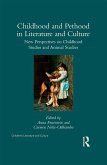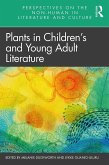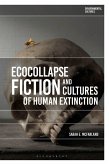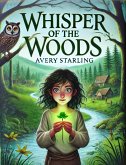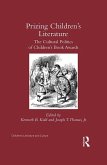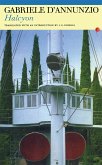Virtually every famous nineteenth-century writer (Harriet Beecher Stowe, Nathaniel Hawthorne, Ralph Waldo Emerson)- and many not so famous-wrote literature for children; many contributed regularly to children's periodicals, and many entered the field of nature writing, responding to and forwarding the century's huge social and cultural changes. Appreciating America's unique natural wonders dovetailed with children's growth as citizens, but children's journals often exceeded a pedagogical purpose, intending also to entertain and delight. Though these volumes aimed at a relatively conservative and mostly white, middle-class, and affluent audience, some selections allowed both children and their parents room for imaginative escape from restrictive social norms.
Covering a period that initially regarded children's natural bodies as laboring resources, Stronger, Truer, Bolder traces the shifting pedagogical impulse surrounding nature and the environment through the transformations that included America's nineteenth century emergence as an industrial power. Karen L. Kilcup shows how children's literature mirrored those changes in various ways. In its earliest incarnations, it taught children (and their parents) facts about the natural world and about proper behavior vis-à-vis both human and nonhuman others. More significantly, as periodical writing for children advanced, this literature increasingly promoted children's environmental agency and envisioned their potential influence on concerns ranging from animal rights and interspecies equity to conservation and environmental justice. Such understanding of and engagement with nature not only propelled children toward ethical adulthood but also formed a foundation for responsible American citizenship.
Covering a period that initially regarded children's natural bodies as laboring resources, Stronger, Truer, Bolder traces the shifting pedagogical impulse surrounding nature and the environment through the transformations that included America's nineteenth century emergence as an industrial power. Karen L. Kilcup shows how children's literature mirrored those changes in various ways. In its earliest incarnations, it taught children (and their parents) facts about the natural world and about proper behavior vis-à-vis both human and nonhuman others. More significantly, as periodical writing for children advanced, this literature increasingly promoted children's environmental agency and envisioned their potential influence on concerns ranging from animal rights and interspecies equity to conservation and environmental justice. Such understanding of and engagement with nature not only propelled children toward ethical adulthood but also formed a foundation for responsible American citizenship.
Dieser Download kann aus rechtlichen Gründen nur mit Rechnungsadresse in A, D ausgeliefert werden.




